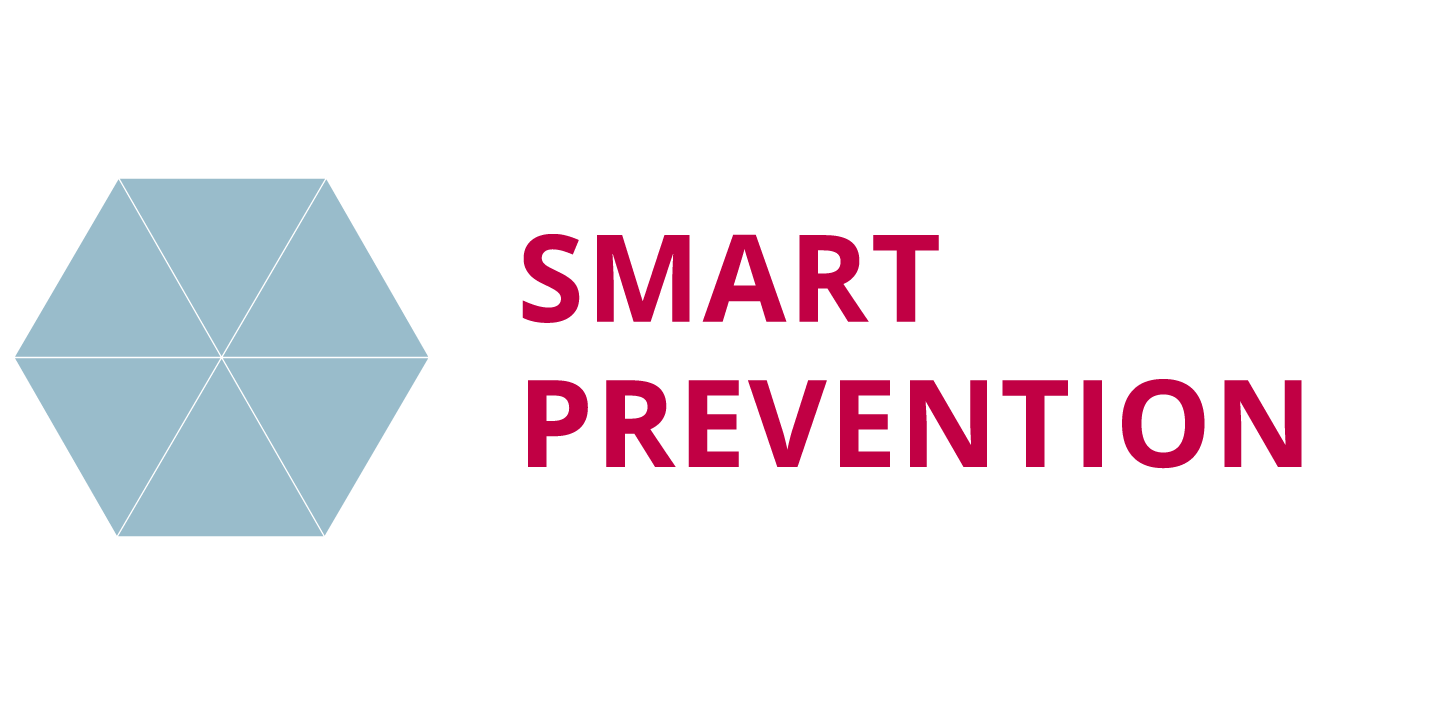Prof. Dr. Christoph Gusy
New prevention tools
- Gusy: Phenomenon
- Gusy: Threat
- Gusy: Vision
Crime is being shifted more to the digital domain and crime prevention is, of course, also being shifted. Let me say at the outset that this is of course a matter for everyone to decide for themselves. Digitalisation is not simply forced upon us, but is first and foremost and to a large extent a consequence of individual demand decisions. Anyone who acquires digital environments can be put at risk by digital environments, and that means that anyone who wants to avoid this can be cautious here themselves. But there will also be considerable changes in the defensive authorities. One is the possibility of better and faster information. Here, digitisation will lead to improved possibilities for criminal investigation through new techniques, through new surveillance techniques and through new techniques that determine the location of people. On the other hand, the infrastructural changes can of course create a security technology that does not allow risks to arise from the outset. However, this will have to be seen, every security technology is preliminary. How safe it is, you only realise when the damage has been done. That’s why safety technology is never everything. The result will be a much greater shift of security tasks to non-police authorities. The police themselves will become service users here. Other authorities will become more and more independent and important. Surveillance technologies will be even more useful if the communication to be monitored is itself technologically controlled. Even here, there is already a considerable lead over what ordinary citizens, but also the courts, sometimes imagine. Surveillance today is predominantly technological. The long ear always has its technological continuation. This can be seen in the actions of the intelligence services and in the newer powers of the police, which are always technologically based. Security policy is moving more and more away from the police to other agencies. Other agencies, which are less perpetrator or suspect oriented, but more instrumental oriented, which focus on crime tools, such as digital crime tools. This leads to a shift of competences or tasks to central offices such as the Federal Criminal Police Office, the Federal Security Institute, but also to private offices. For example, the Internet providers themselves, who then perform tasks which can be used in the context of state security authorities. Here the Network Enforcement Act can be an example.

Prof. Dr. Christoph Gusy
Christoph Gusy teaches public law, political science and constitutional history. His main areas of work include intelligence-, police- and security law.
Latest publication: Gusy/Kugelmann/Würtenberger (Hg.), Handbuch des Rechts der zivilen Sicherheit, 2018.
- Phenomenon
- Threat
- Chances





Comments